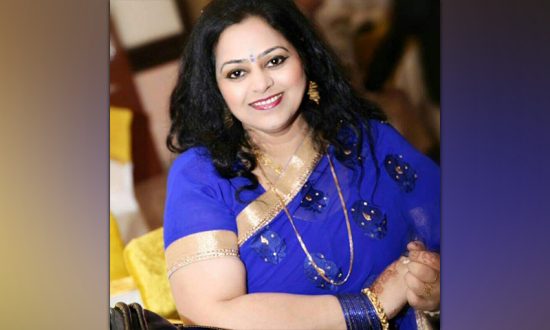Mridula Srivastava, fondly known as M S Ma’am or Mridula Ma’am, is a dynamic, result-oriented educationist who has knack to enhance the talent and potential of students. She is M.A. in (history), B.Ed, and is pursuing M.A. in English. She has over 12 years of experience in teaching and has worked with some of the best schools in Delhi and the NCR Region. Her years of struggle have helped her gain expertise in Teaching, Administration, Coordination, Student Management, Educational Product development, and Teacher Training.
Do we even remember a time before Covid-19?
A pandemic has a strange memory altering effect, where everything before it seems like a dream. Remember the school going days? The days of staff rooms, canteens, gathered gossip, in person meetings?
Students are stuck in a rut of boredom, and teachers are struggling to adapt to the new methods of teaching. But what exactly is the cost of this sudden change in the medium of communication?
School authorities have benefitted from the situation. It has reduced their everyday costs, by disqualifying the maintenance of physical space, electricity and support staff for the brick and mortar schools. Examinations are being taken digitally, bypassing the cost of paper as well.
This lack of tangibility in the new form of education has put both teachers and students in an identity crisis. After all, school wasn’t just a place to learn rote lessons. It was a place to socialize, make and lose friends, and learn of the world through experience. The digital faculty isn’t a good enough replacement for that.
The forms of examinations have also changed, with an increasing focus on multiple choice questions to accommodate for the way classes are now conducted.
Teachers and students are undergoing a crisis of identity. What does it mean to be involved in education at this point?
The act of teaching has to be defined before we are any closer to understanding this problem. Is teaching just explanation of a particular text? Obviously not. There is a tact and skill involved in being a good teacher, in transcending the topic at hand, working through the fallacies of the students as well as the world. At its core, it is a discursive process, developing itself with every interaction. Every question asked, every word spoken.
It is not an unidirectional process, but one that is dialectical. Just as the teacher teaches and students learn, so does the student teach, and the teachers learn. That is the aura of a classroom under the influence of a good teacher.
The digital classroom is much restrictive. There is no shared physical space of interaction, and the communication is volatile, owing to limited visibility, and the disruptions of internet and electric connections. The cohesive identity of the classroom is lost, and both teaching and learning becomes a chore.
The interactions of a classroom often help cover new topics of knowledge, moving across disciplinary boundaries into discussions of reality. Teachers are able to pursue thoughts beyond books, and the need of exams. Even when it comes to exams, the rich class discussions influence the structure of questioning. The exam hall, for curious students, becomes a place of invention, moving from known things into imagination in an effort to bridge the gap of knowledge.
The institutes of education are unbothered by this. Their goal, as always, is to maintain a functioning structure. And in that, it has succeeded. Through the odds and ends of a illness and war ravaged time, education has continued functioning. The quality has been compromised, and the nature of education has come under question, but the structure is yet to collapse.
But the institutions are not the ones working on the ground.
Teaching as a profession has reached a level hopelessness. There is a structural change in the way it functions, and despite many professionals having adapted to it, there is a gap in communication.
Perhaps we will outgrow this uneasiness with time. Digital education may well become the standard of the future. But even with that possibility, we have to question the nature of education. What does it mean to be educated? What does it mean to teach? What does it mean to be a teacher.
These questions are in no way new to the zeitgeist, and have been repeated in different ways by various people. But in the light of this strange new decade, the questions have assumed new meaning, and the act of answering them has acquired a new urgency.
Here’s hoping that newer institutions like Endurance Institute – Voice of Teachers, with a decentralised approach to coaching and education, help us come up with a solution to these conundrums. But it is far beyond the ability of any single organization or person to disentangle the mess of our education system.




